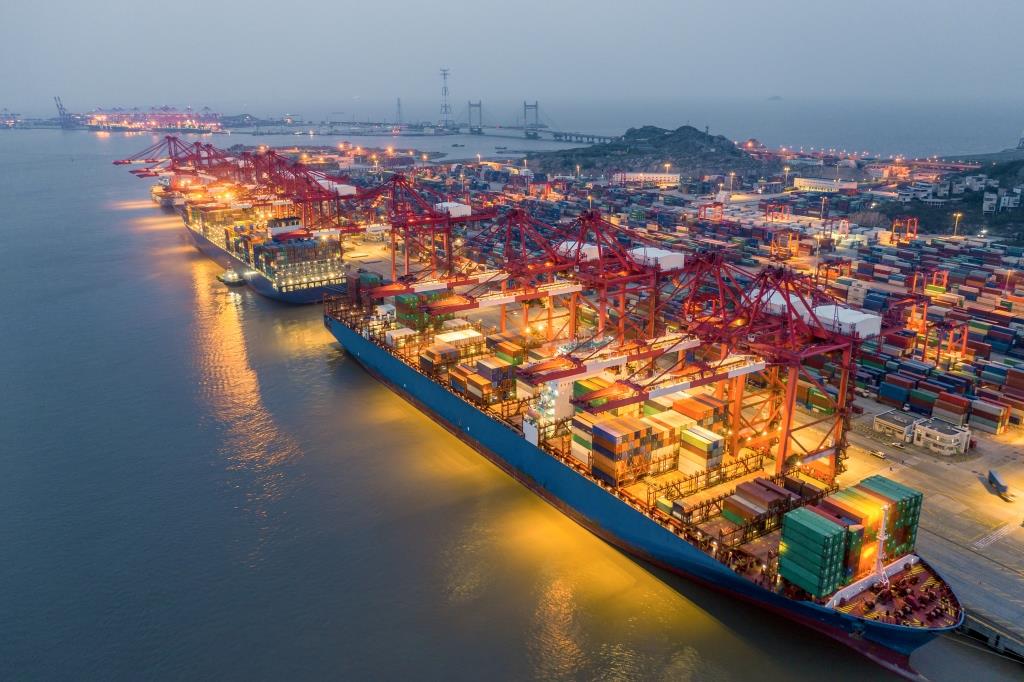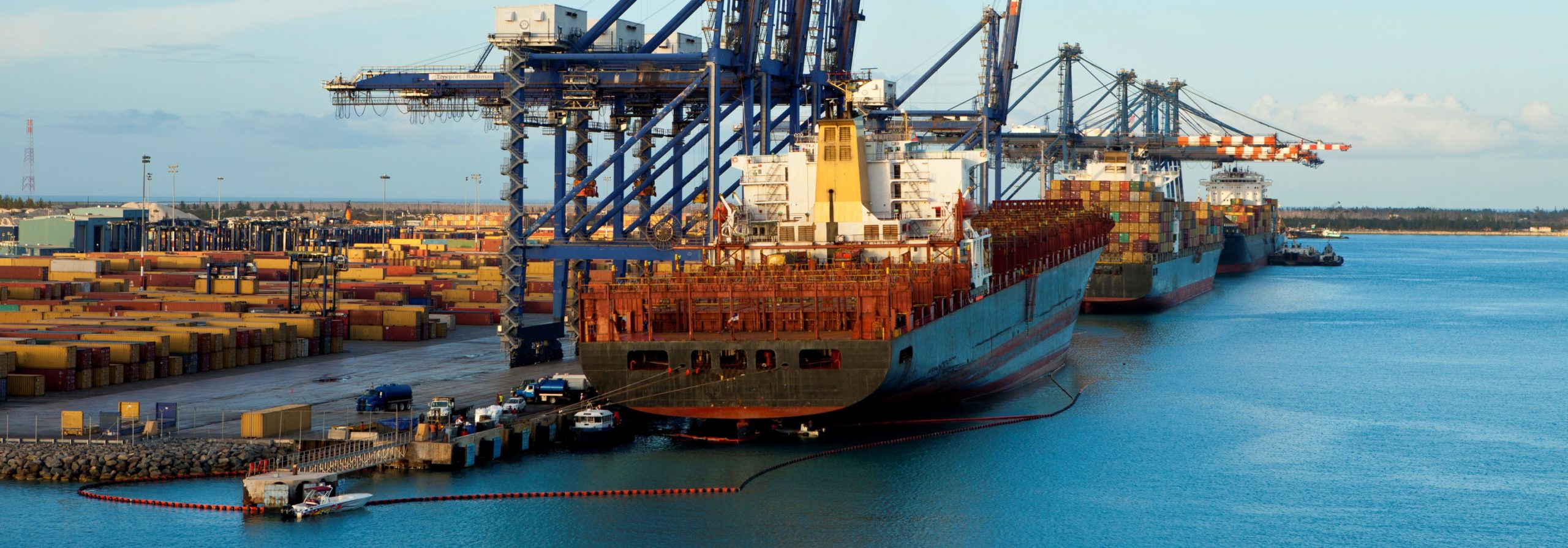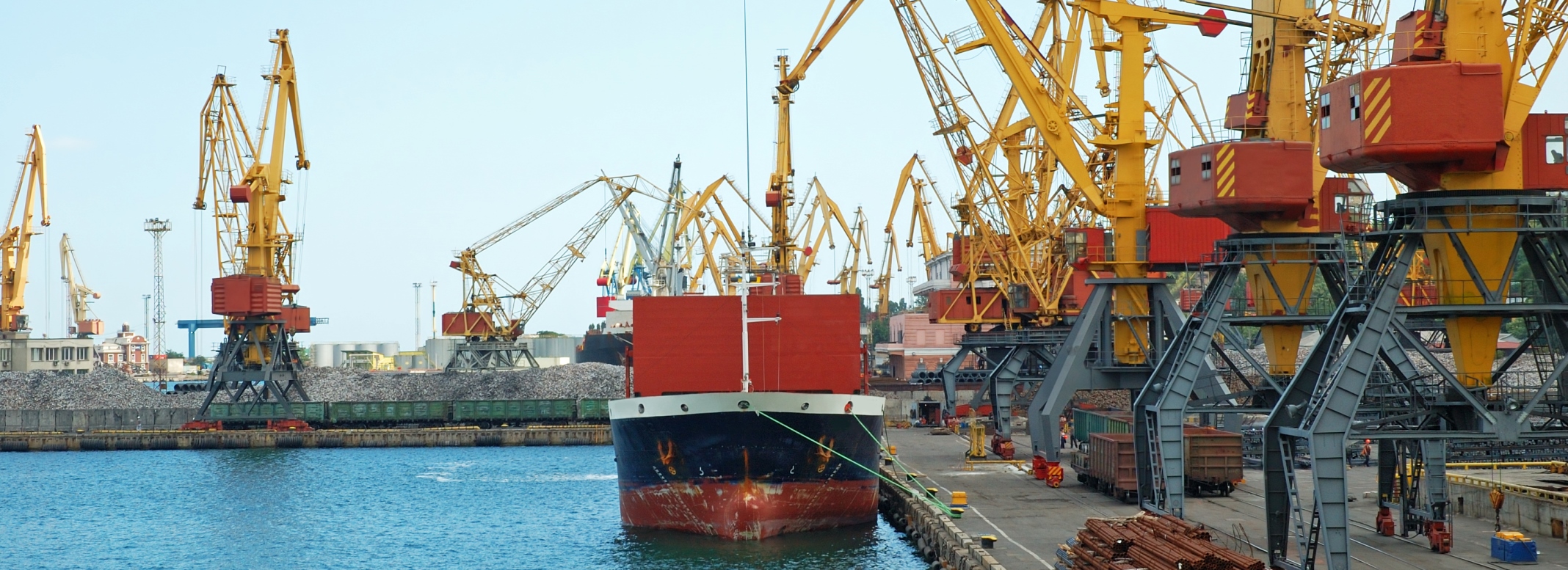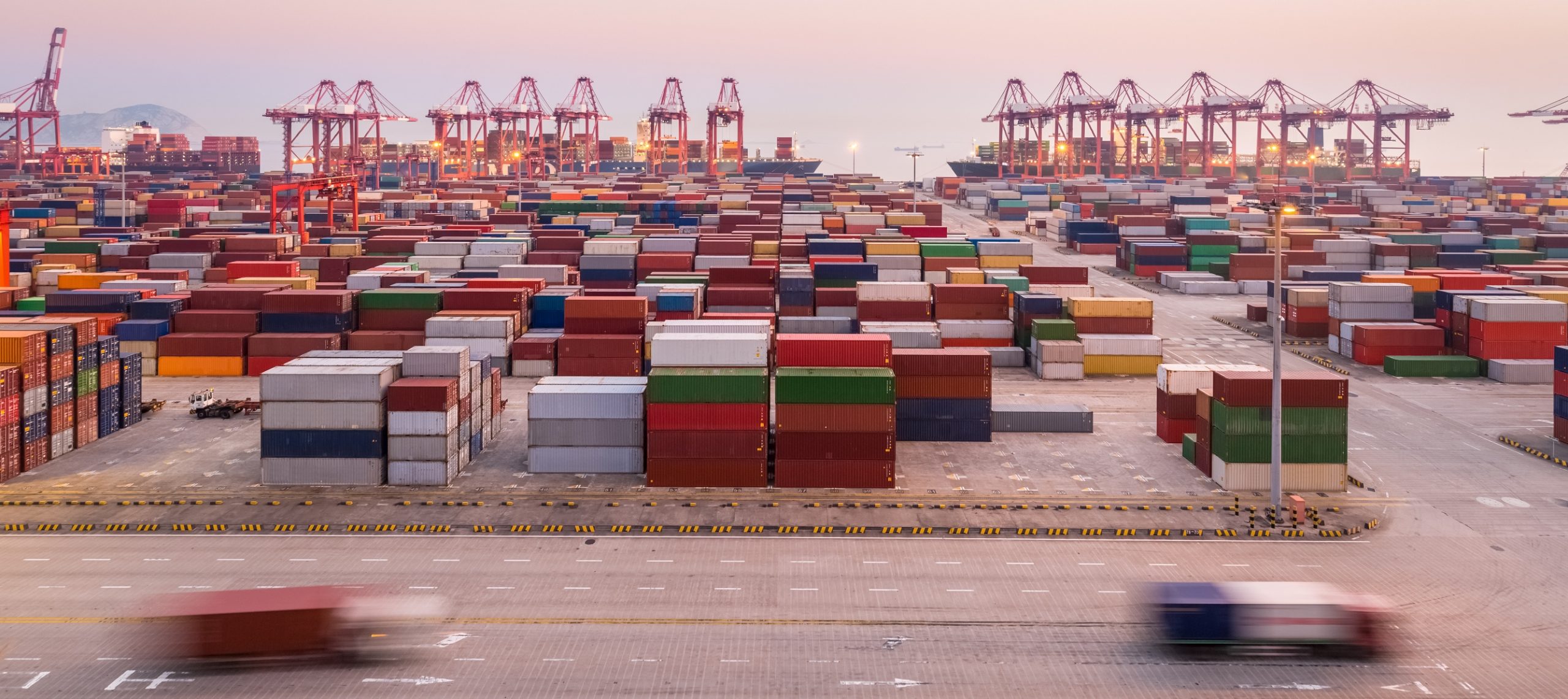
Determining the Material Injury Caused by Dumping
Pursuant the Trade Levies Law, the existence of dumping is not enough to justify imposing an anti-dumping duty.
It must be proven that the dumped import has caused material injury to the domestic industry.As the Law does not specify explicit criteria for examining the injury, such examinations are conducted primarily according to the WTO’s international anti-dumping agreement, which explicitly specifies the indicators to examine in determining the existence of material injury.
Criteria 1 – Indicators of Injury
There are three examinations to ascertain the existence of material injury to domestic industry:
- The volume of dumped imports and its influence on prices of similar products in the domestic market – initially, whether there is increase in import at the expense of domestic production, and the influence of such increase on the prices of similar products in the domestic market. In examining the injury, a comparison is made between the price of import to Israel and the product’s domestic price, on a comparable basis.
- There are three possible effects derived from the ratio between export prices and domestic prices:
- Price undercutting – when the export prices are lower than the domestic manufacturer’s prices (in an equal trade level).
- Price Suppression (preventing price increases) – the dumped import prevents domestic manufactures from increasing product price, even though changing circumstances have necessitated a price increase (for example, increase in manufacturing input prices).
- Price depression – decrease of domestic industry prices as a result of export competition. Domestic manufacturers often lower prices in an attempt to cope with the low prices of imported products. Price depression usually follows and stems from price undercutting.
- The effect of dumped import on domestic manufacturers of such products – the effect of dumped import on the complainants’ sale prices may not, in itself, constitute sufficient evidence of material injury, unless it is accompanied by other economic indicators attesting to injury to the domestic industry. These include economic effects such as: decreased output, decreased sales, decreased market share, decreased profits, failure to utilize manufacturing capacity, decreased productivity, decreased efficiency, decreased ROI, cash flow, employment, salary, production and sales of complementary products, changes in inventory and inventory carrying costs, level of investment and ability to raise capital.
It’s important to remember that individual indicators cannot always indicate whether material injury has been caused. The accumulation of indicators may more clearly indicate the existence of material injury.
The injury examination is conducted based on data of the three years prior to the complaint (while in examining dumping, the investigated time frame is usually 6 to 12 months prior to complaint). The purpose is to examine trends and developments over time.
If no material injury is found, in special cases alternatives may be considered:
- Threat of injury – if there has been no injury as a result of dumped import, but injury is expected soon.
- Preventing development – when the complainant is a new manufacturer that only just started operating, and the normal criteria of injury as described above are not applicable.
Criteria 2 – Causal Link Between Dumping and Injury
Evidence of dumping and of injury to domestic industry are insufficient. There must be a causal link between the dumped import and the injury.
Sometimes events other than the dumped import take place that cause injury to domestic manufacturers. In such cases, it’s imperative to ensure that the dumped import has a significant effect in causing the injury, even if it is not the sole cause of it. The Commissioner considers all the economic elements that affect domestic industry performance, to assess the direct injury caused by the dumping.
Determining the Duty Rate
Having established dumping and injury, as well as a causal link between the two, the duty rate must be determined. The Law states that the duty rate will be equal to the rate of difference between the normal price and the export price, in whole or in part. In Israel, the duty rate is not determined solely by the dumping rate.
- The duty rate will be lower than the dumping rate if a lower rate is sufficient to prevent the injury caused to the industry as a result of the dumped import.
- If the injury estimate rate is higher than the dumping rate, the duty will be equal to the dumping rate.
- The maximum time frame for imposing an anti-dumping duty is three years.
- The common method of imposing a duty is determining a fixed sum for each weight unit or product unit. Another method is determining the duty rate as a percentage of product price FIC.
Subsidized Price and Countervailing Duties
The WTO’s Subsidies and Countervailing Duties Agreement determines what is a subsidy action, and distinguishes between prohibited subsidy and permitted, non-actionable subsidy. These matters were not addressed in previous international agreements, and were first drafted in the Uruguay Round Negotiations.
The section of the Agreement that pertains to countervailing measures is very similar to the Anti-dumping Agreement, and many of their provisions are identical. For example, provisions regarding injury, evidence, domestic industry status, special instructions for calculating the subsidy, decision making, etc. However, the Subsidies Agreement stresses the need to practice restraint in complaints about agricultural export subsidies (including preliminary discussions with the country subsidizing processed products), etc.
Pursuant the Agreement, a countervailing duty may be imposed on the import of subsidized goods if the assistance is indeed a subsidy as it is defined in the Agreement, and is not defined as a permitted subsidy. Permitted subsidies include assistance for research and development, assistance for disadvantaged regions and assistance for issues of environmental protection, all subject to the terms and limitations specified in the Agreement.
Countervailing duties may also be imposed on agricultural products, both processed and unprocessed, that benefit from an export subsidy as part of the WTO’s agricultural agreement, even if these subsidies are permitted in the Agreement. However, the Agreement specifies that the country imposing a countervailing duty must practice due restraint. Time will tell how this term will be interpreted.
Current amendments of the Law will reflect the provisions and definitions of the Subsidies Agreement.
International Agreements on Dumping and Subsidized Prices
The General Agreement on Tariffs and Trade (GATT) and the trade agreements between countries are intended to promote free international trade and remove trade barriers. While the importance of free trade is widely recognized, there is also extensive understanding that free trade must be fair.
Based on this understanding, the WTO member countries have agreed to take measures against dumping (anti-dumping measures) and subsidized prices (countervailing measures).
The measures against dumping and subsidized prices are specified in the Trade Levies Law, 5751-1991, which has replaced the Anti-dumping Law, 5737-1978.
Most provisions of Israeli legislation in these matters are based on commonly-accepted principles from international trade agreements, and are similar to national legislation of most of Israel’s trade partners, including the main ones – the EU and the USA.
The GATT, drafted in 1947 and joined by Israel in 1962, was the first agreement to define a framework for handling dumping and subsidized prices. Over the years, and as part of GATT round negotiations, the principles were established and the rules for implementing them were specified.
Anti-dumping Agreement – Principles and Legislation Framework in Signatory Countries
The development in anti-dumping and subsidized price arrangement, and their enactment in bilateral, multilateral and international trade agreements, goes hand in hand with the trend of liberalization in foreign trade.
The reduction of tariffs, removal of quantitative limitations and cancelling of other non-tariff barriers have increased exposure to competing imports. Measures intended to protect domestic production are mostly limited to fair-trade measures.
The international community has adopted the principle that injury to domestic manufacturing by importing in dumping or subsidized prices is unfair, and justifies taking means to prevent such injury.
As it became clear that anti-dumping measures are implemented by different countries in a way that isn’t always in keeping with the free trade principle, the WTO agreements were updated to include a detailed set of rules for implementing the principles, and judicial and administrative systems were put in place.
The WTO agreements are the result of a compromise between the conflicting financial interests of the import country, export country, importers, exporters, domestic manufacturers and foreign manufacturers. The agreements make it harder to submit complaints in comparison to the situation before the agreements, and require the establishment of a complex administrative, financial and judicial system that sets a time limit for handling complaints.
Agreement Implementation in Israel
The Law
The Law regulating the imposition of anti-dumping and countervailing duties is the Trade Levies Law, 5751-1991, which came into effect on 01/01/1991. This Law supersedes the Anti-dumping Law, enacted in 1977.
The amendment of the 1977 Law was required in order to adjust its material provision to GATT (General Agreement on Tariffs and Trade), especially with Israel signing the free-trade agreements with the international community and the US, and joining the subsidies code. The import liberalization program and the resulting exposure accelerated the enactment of the Trade Levies Law in 1991.
Administrative Implementation
The international agreements do no determine the organizational, judicial and execution systems for their implementation, and each country is free to establish these systems according to its own discretion. The Trade Levies Law, as its predecessor, is under the responsibility of the Minister of Economy and Industry.
The law states that the Minister shall appoint a Commissioner. The Law grants the Commissioner authorities of implementation, investigation and decision, and specifies established dates for performing actions and making decisions.
The Law states an Advisory Committee shall be appointed, comprising a jurist chairperson and members with knowledge and expertise in economy and international trade. The Committee’s role is to review the Commissioner’s investigation findings, hear the involved parties, and recommend to the Minister whether to impose a duty.
Adjusting the Law to the WTO Agreements
the agreements on anti-dumping and subsidized prices and the obligation to adjust its national legislation to these agreements. The State of Israel has therefore undertaken, by singing these agreements, to fully adjust its laws to the WTO agreements.
The Ministry of Economy and Industry has drafted a bill regarding anti-dumping and countervailing duties. This bill is intended to adjust the Israeli Law to agreements about dumping and subsidized prices. In addition, the bill is meant to address conclusions derived while implementing and enforcing the existing Law.
More articles on the subject ...


Introduction to the Israeli Import Reform
The Import Reform The import reform focuses on changing the methods of regulating imports into Israel, moving to declaration-based tracks instead of inspections, for a


Challenges and opportunities in trade
Tambien disponible en español | Egalement disponible en français The tensions we are now seeing in the international trading system have been building over decades. Many people


The Importer’s Practical Guide
The process of importing to Israel includes a series of measures, which you, as an importer, should be familiar with before executing an import transaction.


Customs Release Process- All The Essential Documentation For Importers
Any imported commercial product arriving in Israel is required to complete a customs release process. We recommend that you consult a suitable professional in order


An EU approach to enhance economic security
The European Commission and the High Representative today published a Joint Communication on a European Economic Security Strategy. This Joint Communication focuses on minimising risks


Wartime macroeconomics
A fresh supply shock stemming from the war in Ukraine will deal a blow to the economic recovery from COVID-19. The energy and food sectors























